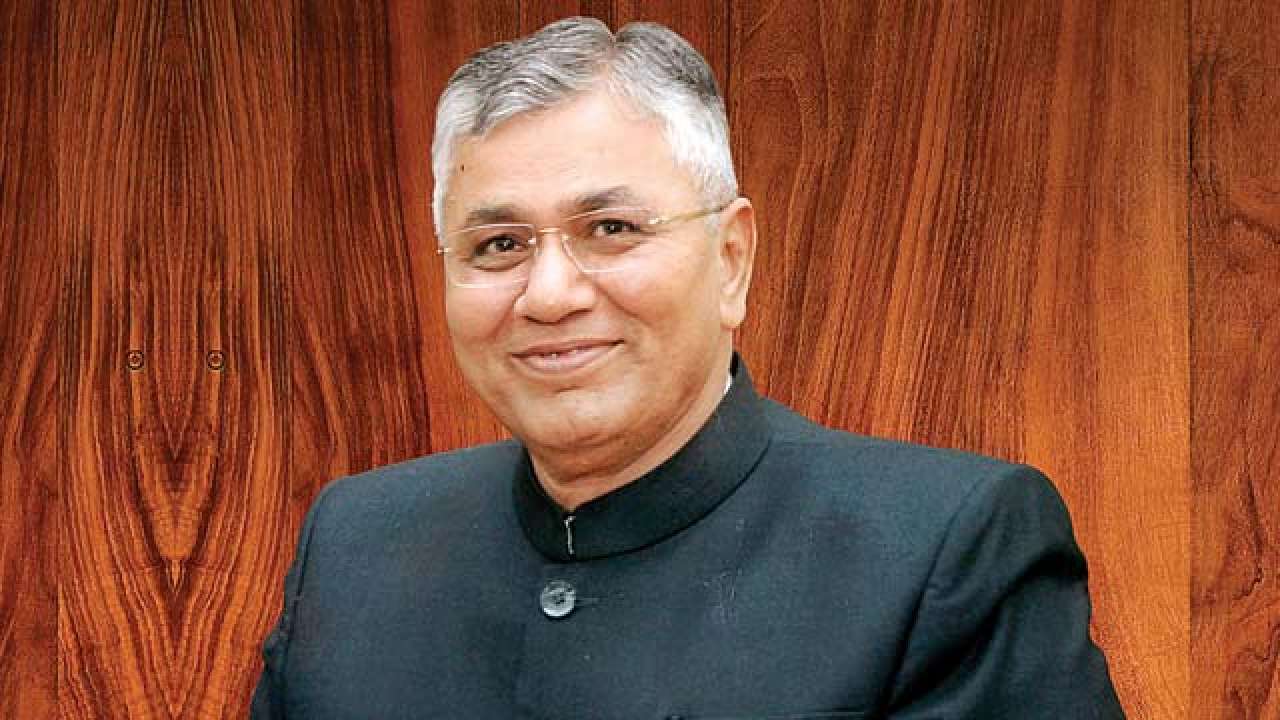
In an interview with MANSI TANEJA, Minister of State for Corporate Affairs PP CHAUDHARY said the recent drive against dubious firms will help clean up the system
As per the mandate of the corporate affairs ministry, we have to regulate the functioning of the corporate sector in accordance with the law. We also have a mandate to protect the rights of investors. However, of late, several investigations into various frauds and scams have time and again exposed the lacunae in our monitoring systems. Misuse of corporate structures seems to have become the norm.
A total of 16.87 lakh companies had been registered with the Registrars of Companies (ROC) till July 31, 2017, of which 13.66 lakh were reportedly active companies when we started the exercise of striking off inactive and non-compliant companies.
The process started after conducting scrutiny, when they (ROCs) sent notices to about 3 lakh companies requiring them to furnish reasons for being inactive/non-compliant and not filing annual/financial returns with the MCA21. Out of them, actions on around 70,000 companies were dropped either due to objections on such action raised by other regulators or their having responded satisfactorily to the notices by submitting requisite documents.
The rest of the companies which did not respond or whose responses were inadequate were dissolved.
Striking off the names of the companies is one of the first steps towards a ‘Swachh Corporate Registry’. We have already frozen their bank accounts for all purposes except accepting accruals to the company or for discharge of liabilities or obligations of the company. Further, we have sought all bank transaction details from them during three periods — pre-demonetization, from post-demonetization till their names were struck-off from the register, and for the period post-striking-off of their names.
As of now, transaction analysis of around 28,000 companies out of around 2.24 lakh struck off companies has been done and we have found that Rs. 17,000 crores was deposited and withdrawn from the bank accounts of these companies post demonetization. There are suspicions these funds and account were used for money laundering, drugs funding, terror funding and financial fraud. Fraud cases have been given to the Serious Frauds Investigation Office (SFIO) for undertaking further investigations in these cases.
Robust data mining systems are in place in our Ministry. In the coming months, we will accelerate the use of tools using technologies such as Artificial Intelligence (AI) which shall enable us to collate compliance data of corporates from a large number of sources, analyse such data and pro-actively report incidences of non-compliance. We will have an Early Warning Systems (EWS) which will send signals when it receives signs of any shady or fraudulent financial activity in the registered companies.
When some companies, out of the 3 lakh companies to whom we had issued notices, responded satisfactorily with requisite documents, we did not take any action against them. Our actions are not meant to scare anybody, but to fine-tune the system and weed out the black sheep who undertake illegal activities in the garb of corporate governance.
We have asked state governments to identify movable and immovable assets of these struck off companies and restrict any transfers or transactions of such assets which have been held in the names of or on behalf of such companies till they are restored by the NCLT.
It is a new Code which will take time to stabilise and become part of our economic ecosystem. We are monitoring its implementation. We are constantly in touch with various stakeholders to ascertain practical problems or difficulties arising out of the functioning of the Code. Amendments to the Code will be made only after undertaking due consultations with all relevant stakeholders.
A transformational improvement of 30 spots in the “Ease of Doing Business” rankings in the ‘Doing Business Report’ of the World Bank this year is a global acknowledgment of the efforts made by government for improving the investor climate in the country.
The Companies (Amendment) Bill, 2017, which awaits approval of the Rajya Sabha, is aimed at further improving ease of doing business in India. Our ministry is committed to undertaking measures that would propel India in the league of the Top 50 countries in the “Ease of Doing Business”.